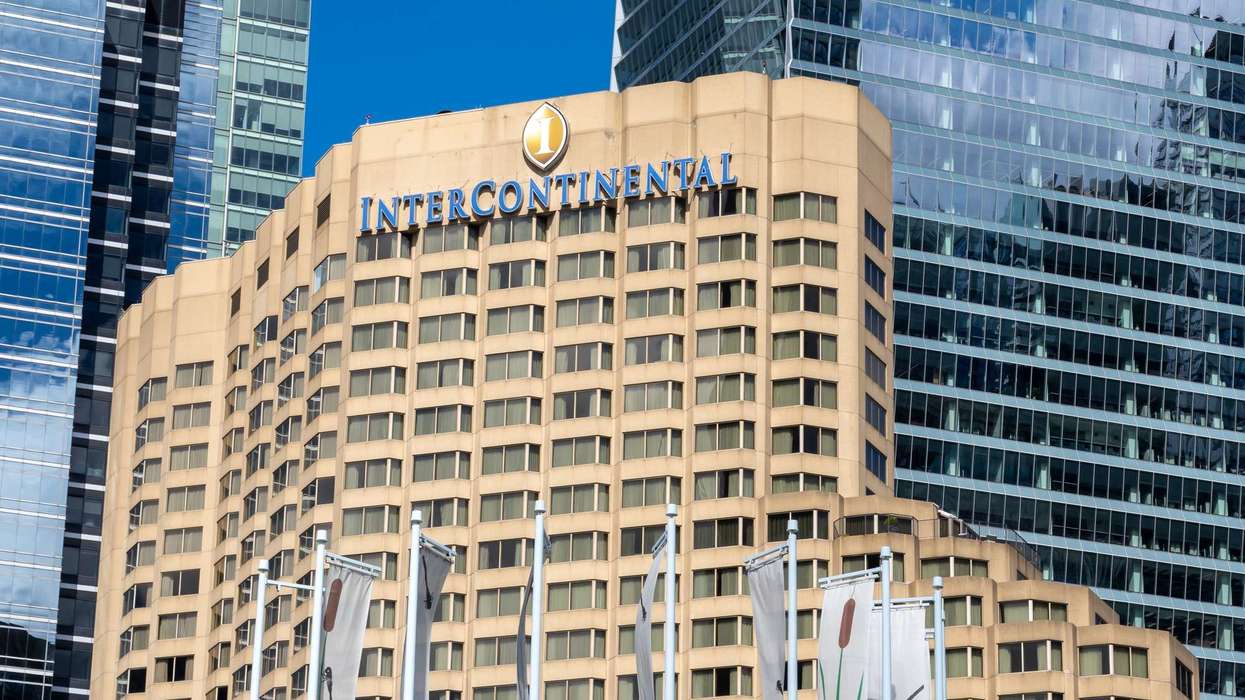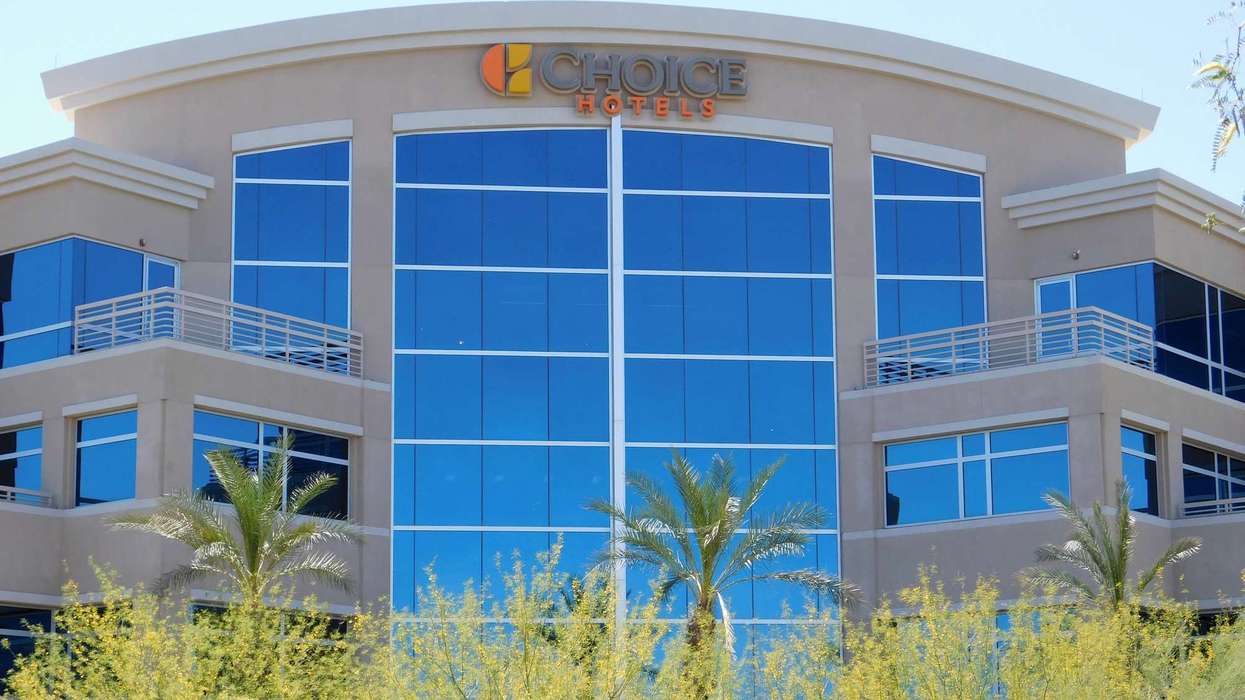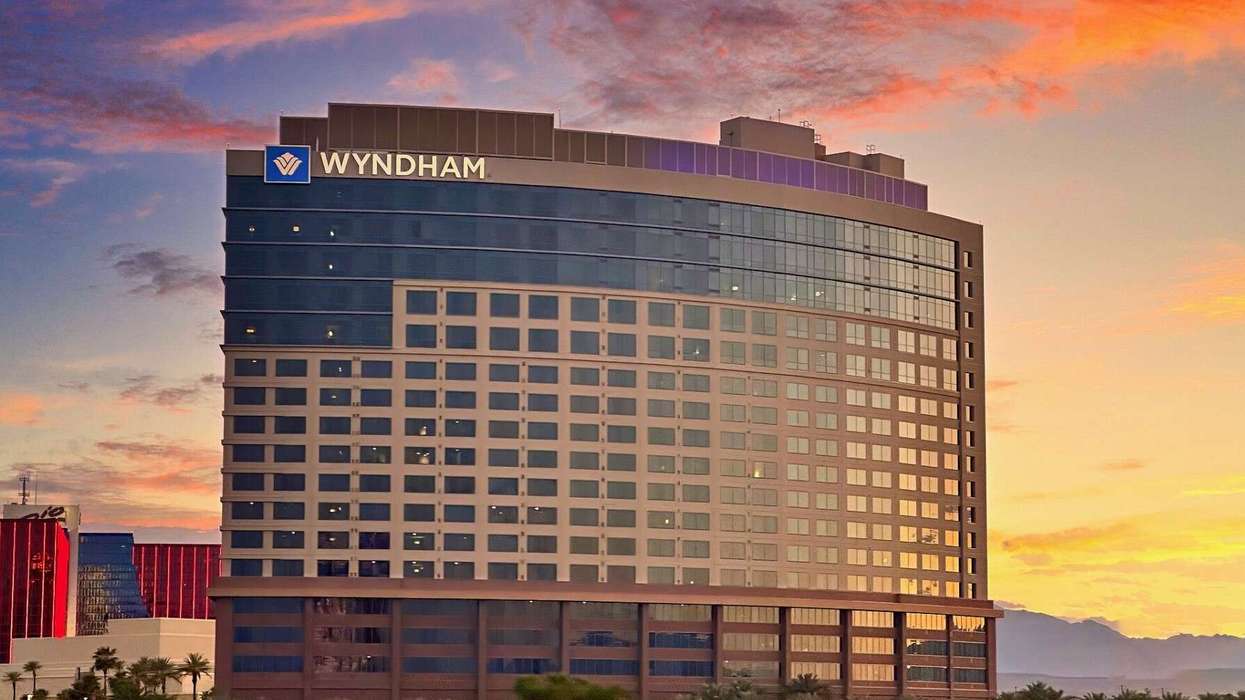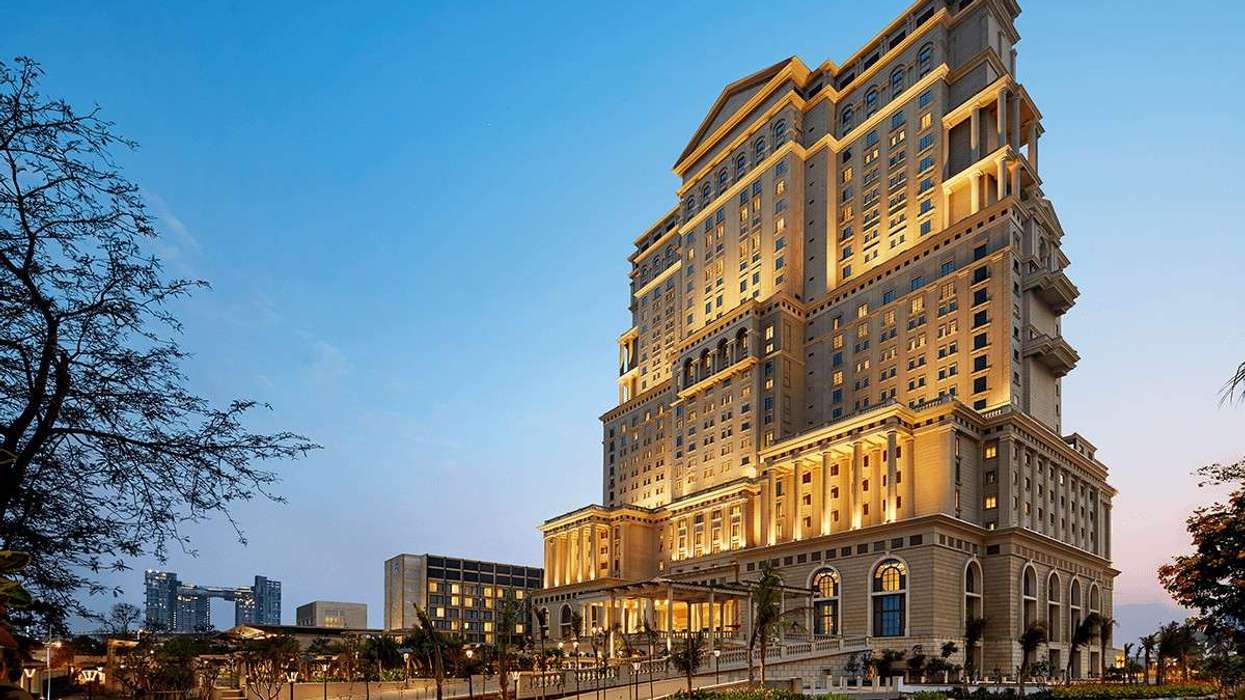IN THE NEW world created, for better or for worse, by the COVID-19 pandemic, hotels will have to change their approach to the business. Natwar Nagar, a managing partner at hospitality consulting firm Hotelivate, offered some tips for how to accomplish that.
Nagar, based in India, laid out his thoughts on the current situation in an article on LinkedIn. The article was addressed to the global hospitality industry.
“Like most sectors, the global hospitality industry is in shock and dismay watching a pandemic wipe out the dreams of millions. This unprecedented event, whose consequences we cannot yet imagine, has left us speculating about its financial, economic, social and political cost,” Nagar writes. “What might feel like a dream many years hence is a grim reality right now. It may not be an overstatement to assert that we are in a period that would tomorrow be remembered as the horrid days that separated that ‘Before Corona’ (BC) and ‘After Corona’ (AC) eras.”
His first tip for the “AC” era is focusing on telling the truth.
“Times like these warrant complete trust and transparency. It’s important to discuss the business realities with our employees, share plans for the upcoming days, and create an environment of an open and collaborative partnership,” Nagar said. “We need to care for and trust our employees, as this will be the single-most important bond that ultimately creates a powerful, energetic culture whose dividends we will reap for a lifetime.”
Nagar said hospitality organizations will go through two phases of reorganization after the pandemic is past.
First, they build survival strategies that will ensure cash flows.
“This period will foster creativity, quick decision making and a rapid response to cater to the needs of the market,” he said. “This phase is likely to witness the partial dissolvement of standard operating procedures for most functions.”
The second phase will be about building for the future. That could involve more cooperation between hotels and resorts and partner like OTAs, airlines and tour information.
“The industry will have to learn to develop and nurture long term bonds with its affiliates. Common nomenclatures such as market leader, shareholder value and profits will need to change to ‘Market for all and Survival for all,’” he said.
Other tips from Nagar’s article are:
Working from home: “Hotelivate had introduced the concept of work from home more than a decade ago; over the years, our team members have mastered the art of self-discipline with no compromise on productive output. With work from home becoming a global norm regardless of sector, employees must commit to being responsible, conscious and focused.”
New relationship between employees and management: “Companies that stand by their employees in these testing times will emerge on top. Traditional structures of hierarchy will be eliminated, and a new way of life shall govern us in the form of work-life balance, clear communication, flexible approach to work and respect for all ... Employees too, will look at organizations that offer long-term growth with slow and steady progress in life.”
Getting personal: “A personal equation and a bond based on trust will determine the success of [the chief revenue officer] function. Profits alone will not be the driving force; instead, a deep commitment to building long term value will become the foundation of this role, as people seek reassurance and the commitment and willingness to help each other.”
Take the pay cut: “We believe the industry will see a flat year with compensation reduction of 10-15 percent for the mid-level and 18-25 percent for senior management. We also think it imperative for companies to take a more cautious approach for business continuity and request for voluntary reduction from employees, as this would enable cash-flow management and allow the companies to prevent retrenchments.”
Earlier in March, Hotelivate reported a 21 percent drop in hotel sales in 2019 resulting from low RevPAR growth and the balancing out of supply and demand.





